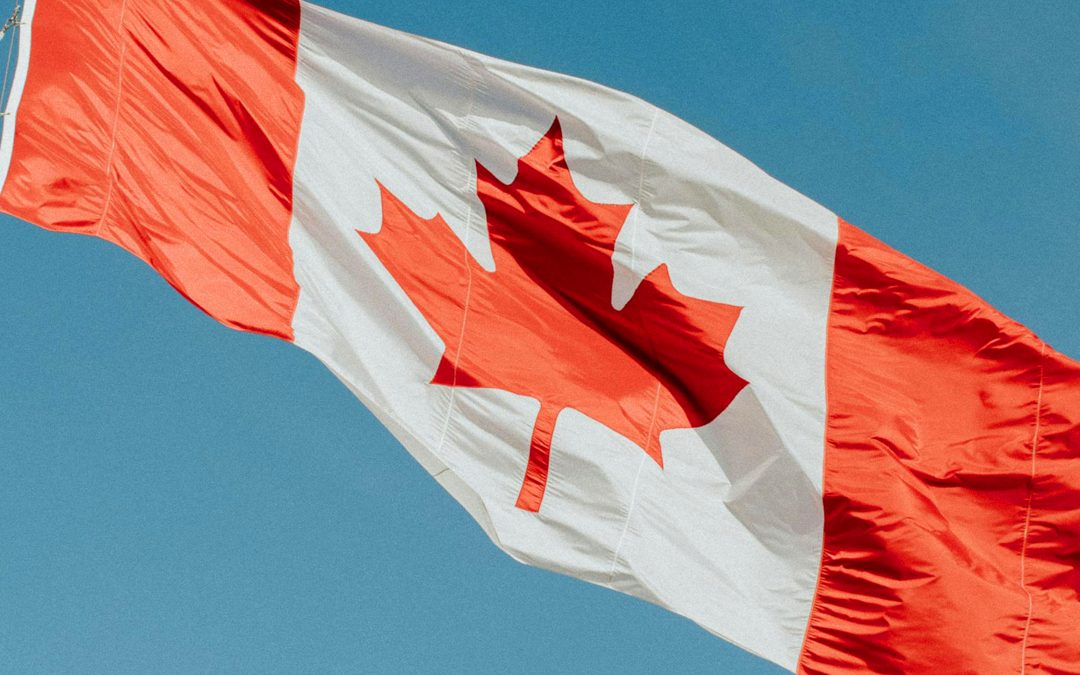The recent imposition of tariffs by U.S. President Donald Trump has significantly impacted the Canadian grocery industry, leading to notable shifts in consumer behavior, retailer strategies, and economic forecasts.
Surge in ‘Buy Canadian’ Sentiment
In response to the tariffs and accompanying political rhetoric, a strong wave of economic nationalism has emerged among Canadian consumers. Many are actively seeking out domestically produced goods, resulting in increased sales of Canada-made products. Large grocery chains such as Sobeys Inc. and Metro Inc. have responded by prominently labeling and promoting local products to cater to this growing demand. Gofer.run has followed the lead of the grocery stores by adding a Maple Leaf to items that are deemed Canadian. This movement not only reflects consumer solidarity but also aims to support local industries during these challenging times. (source)
Impact on U.S. Suppliers
The shift towards Canadian products has adversely affected U.S. suppliers who previously had a strong presence in the Canadian market. Companies like Parasol Co., a California-based diaper manufacturer, have experienced halted expansion plans due to the decline in demand for American goods. Similarly, U.S. beverage and citrus exporters are facing reduced orders, highlighting the broader economic implications of the tariffs on cross-border trade. (source)
Supply Chain Disruptions and Adjustments
The tariffs have further complicated an already fragile supply chain system, particularly for grocery retailers that rely on U.S. imports for produce, packaged goods, and specialty items. Many Canadian grocers are being forced to reevaluate and reconfigure their supply chains, often turning to alternative sources in Europe, South America, or within Canada itself. This shift is not without its challenges: longer lead times, increased logistics costs, and sourcing constraints are driving up prices and affecting product availability on shelves. These disruptions are prompting a reassessment of long-term sourcing strategies, with some grocers opting to invest more heavily in local agricultural partnerships and food processing infrastructure.
Economic Concerns and Inflationary Pressures
The tariffs have also contributed to economic uncertainty within Canada. A recent Bank of Canada survey indicates that approximately 32% of Canadian firms anticipate a recession in the coming year, a significant increase from previous quarters. Businesses are grappling with rising operational costs and supply chain disruptions, leading to postponed investments and hiring plans. Moreover, inflationary pressures are mounting, with 65% of businesses expecting cost increases and 40% planning to raise prices, which could directly impact grocery prices and consumer purchasing power. (source). Consumers are looking for tools like gofer.run to help them save money on groceries.
Conclusion:
President Trump’s tariffs have catalyzed a notable transformation in the Canadian grocery industry, fostering a robust ‘Buy Canadian’ movement and altering the dynamics of international trade relationships. While this shift bolsters domestic producers, it also raises concerns about economic stability, inflation, and the resilience of supply chains—underscoring the complex repercussions of trade policies on everyday consumer experiences.
